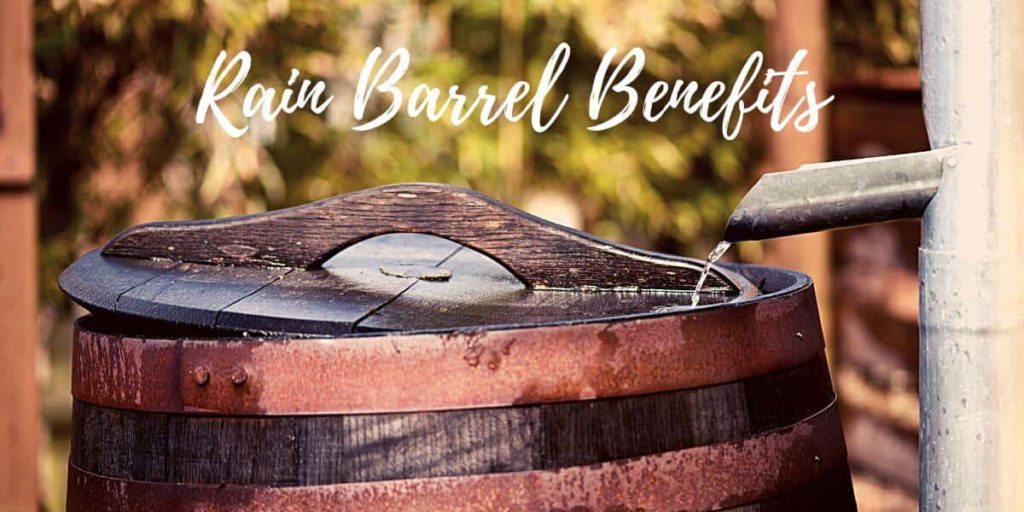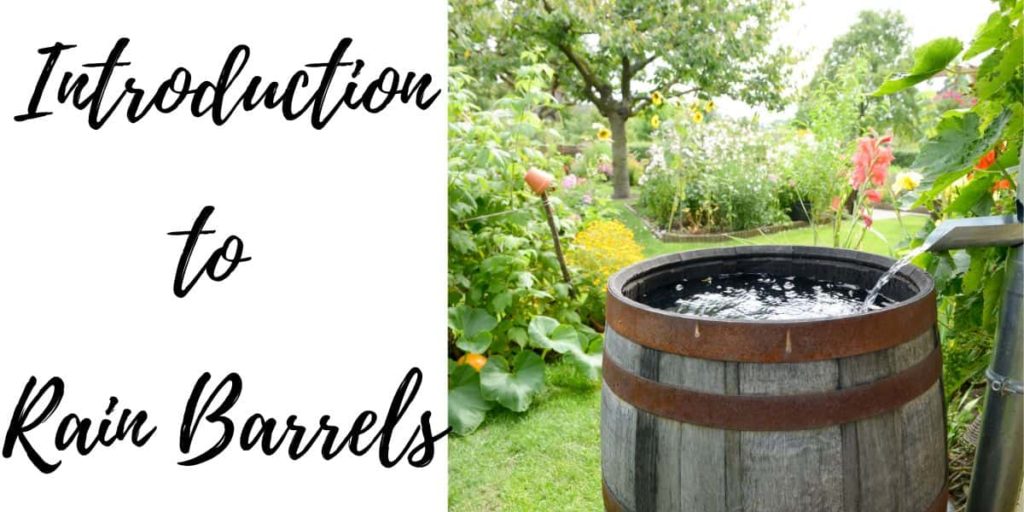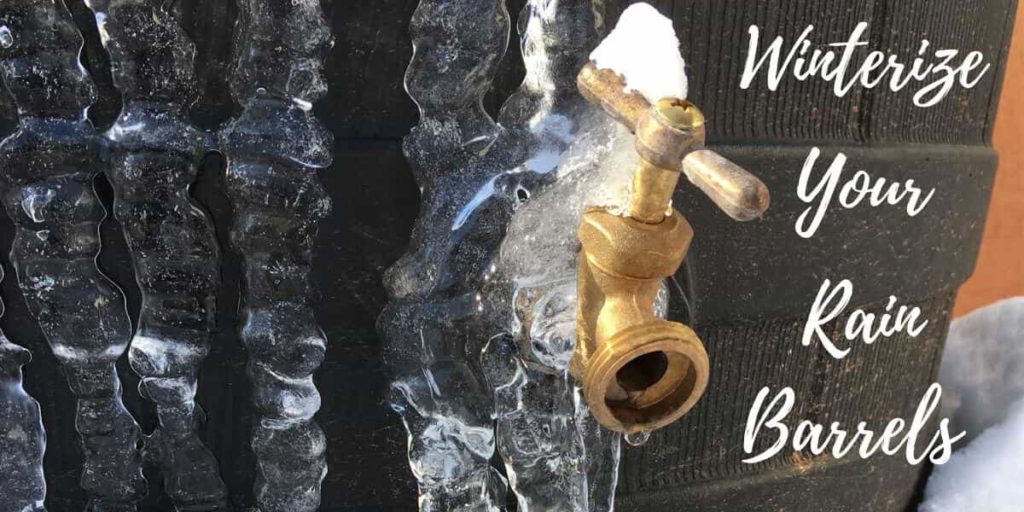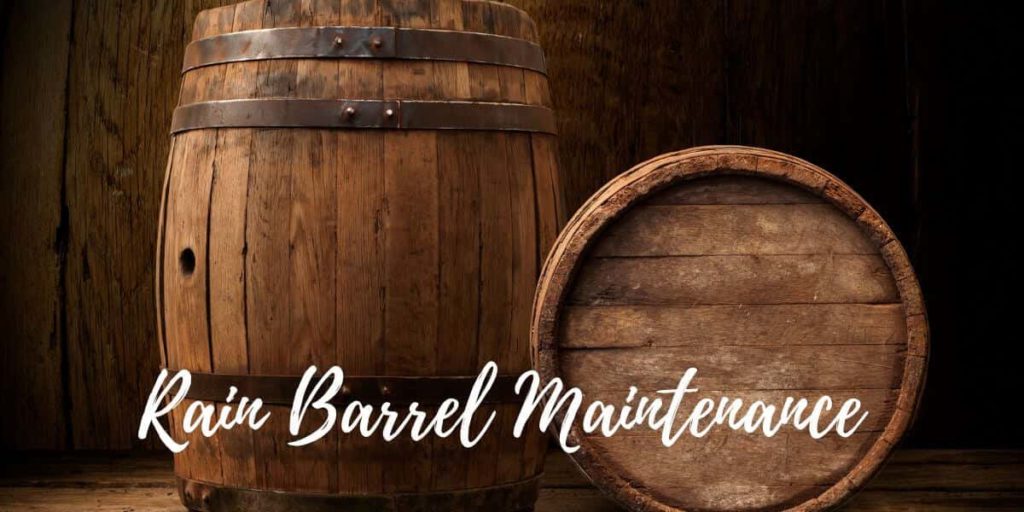Are you looking for a way to save money on your water bill and help the environment at the same time? Consider using a rain barrel! Rain barrels are a simple and effective way to collect and store rainwater for use in your garden, lawn, or even for washing your car. But the benefits of using rain barrels go beyond just saving money and conserving water. In this post, we’ll explore the many benefits of using rain barrels and how they can help you create a more sustainable and eco-friendly lifestyle.
What are the benefits of using a rain barrel?
Using a rain barrel has several benefits, including:
Water Conservation:
By collecting rainwater in a rain barrel, you can reduce your reliance on municipal water supply for activities such as watering your garden, washing your car, or doing outdoor cleaning.
Using a rain barrel can significantly reduce your water usage. On average, one inch of rain on a 1,000-square-foot roof yields over 600 gallons of water, which can be collected and used for a variety of purposes.
Using a rain barrel:
- Reduces the demand for municipal water:
By using rainwater collected in a rain barrel, you are reducing the amount of water you use from municipal water sources, such as treated tap water. This helps to conserve these resources and reduces the demand for local water supplies. - Captures and stores rainwater:
Rainwater that falls on your property can be captured and stored in a rain barrel for future use, such as watering your plants or garden. This means you don’t have to rely on additional water sources to maintain your landscape, conserving water overall.
By reducing your reliance on municipal water supply, you can save money on your water bill and help conserve water resources.
Improved Plant Health:
Rainwater is typically free of the chemicals and minerals often found in tap water, such as chlorine and fluoride. Additionally, rainwater is naturally soft and slightly acidic, which is ideal for plant growth. When you water your plants with rainwater, you are providing them with the best possible growing conditions. Rainwater is also at a temperature that is ideal for plant growth, as it is not too cold or too hot.
Using rain-captured water can help improve plant health in several ways:
- Free of chemicals: Rainwater is free of the chemicals and minerals found in tap water. These chemicals and minerals can build up in the soil over time and harm plants. Using rainwater to water your plants can help prevent this buildup and promote healthier plants.
- Better pH balance: Rainwater has a more neutral pH balance than tap water, which can be too alkaline or acidic for some plants. Using rainwater can help maintain a healthy pH balance in the soil, promoting optimal plant growth.
- Rich in nutrients: Rainwater is naturally rich in nitrogen, a nutrient that plants need to grow. Nitrogen is essential for plant photosynthesis and the production of chlorophyll. Using rainwater can help provide your plants with this essential nutrient, promoting healthy growth.
- Softer water: Rainwater is softer than tap water because it does not contain the same level of minerals. This means that rainwater is less likely to leave mineral deposits on leaves and stems, which can damage plants.
Overall, using rain-captured water can help promote plant health by providing a source of clean, nutrient-rich, and pH-balanced water. By promoting optimal growing conditions, you can help your plants thrive and produce healthy fruits, vegetables, and flowers.
Reduced Soil Erosion:
When rain falls on a sloping surface, it can pick up soil particles and carry them away, causing soil erosion. By using a rain barrel to capture rainwater, you can reduce the amount of water that flows across the ground and minimize soil erosion. Additionally, the slow release of rainwater from a rain barrel can help prevent soil compaction, which can also improve plant growth.
Therefore, using rain-captured water can help reduce soil erosion in several ways:
- Reducing runoff: When rain falls on a surface, it can create runoff, which can cause soil erosion. By capturing rainwater in a rain barrel, you can reduce the amount of runoff and help prevent soil erosion.
- Regulating moisture levels: When soil becomes dry, it can be more susceptible to erosion from wind and water. By using rain-captured water to water your plants and garden, you can help regulate the moisture levels in the soil, reducing the risk of erosion.
- Promoting plant growth: Strong, healthy plants can help prevent soil erosion by holding the soil in place with their roots. By using rain-captured water to water your plants and garden, you can promote healthy plant growth, which can help prevent soil erosion.
Overall, using rain-captured water can help reduce soil erosion by reducing runoff, providing a source of water, regulating moisture levels, and promoting healthy plant growth. By reducing the risk of soil erosion, you can help protect your property and local waterways.
Cost Savings:
Using a rain barrel can help you save money on your water bill, especially if you live in an area with high water rates. By collecting rainwater in a barrel, you can reduce the amount of water you need to purchase from your municipal water supply. In addition, many municipalities offer rebates or incentives to homeowners who install rain barrels, which can help offset the cost of purchasing and installing a barrel.
Environmental Benefits:
Using a rain barrel can help reduce the amount of stormwater runoff, which can carry pollutants such as oil, pesticides, and fertilizers into local waterways. By reducing the amount of runoff, you are helping to protect local water resources and improve water quality. Additionally, using a rain barrel can help mitigate the effects of urban heat islands by reducing the amount of heat-absorbing surfaces in your yard.
Using a rain barrel also brings other environmental benefits, including:
- Conserving water: By capturing and using rainwater, you can reduce the amount of water you use from municipal water sources. This can help conserve water resources, especially in areas experiencing drought or water shortages.
- Reducing runoff: Rainwater that flows off of surfaces can carry pollutants and debris into local waterways, causing water pollution. By capturing rainwater in a rain barrel, you can reduce the amount of runoff and help prevent water pollution.
- Reducing energy use: Municipal water sources often require a significant amount of energy to treat and transport water to homes and businesses. By using rain-captured water, you can reduce the amount of energy used in water treatment and transport, helping to reduce greenhouse gas emissions.
- Promoting plant growth: Using rain-captured water to water plants and gardens can promote healthy plant growth, which can help sequester carbon dioxide from the atmosphere. This can help reduce the amount of carbon dioxide in the atmosphere and mitigate climate change.
Overall, using a rain barrel is an easy and effective way to conserve water, improve plant health, and protect the environment.



